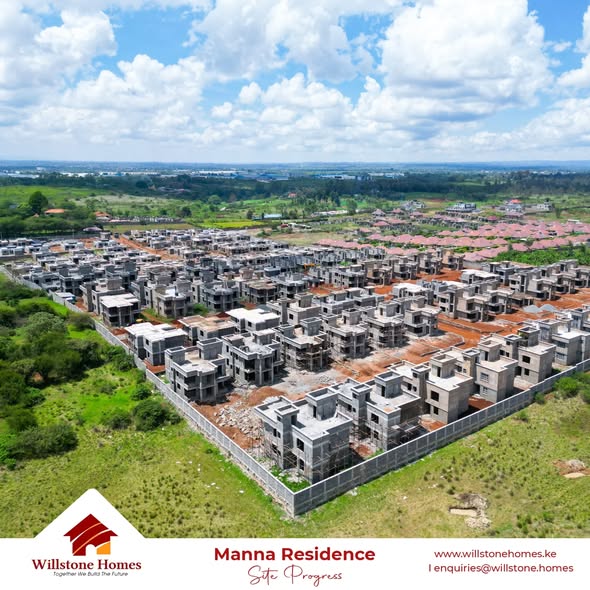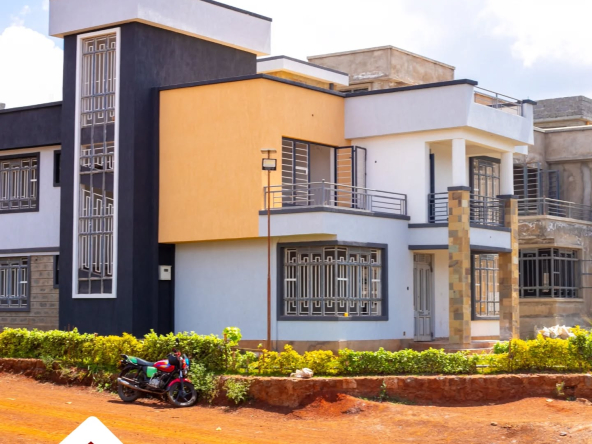Why the Debate Is Emerging Now
Nairobi’s rental market is entering one of its most turbulent phases in recent memory. Rents are rising faster than wages, demolitions for new projects are displacing thousands, and complaints against landlords continue to grow. Pure supply-and-demand is no longer enough to explain the tension. Nairobi has become a city where power dynamics between tenants and landlords are shifting rapidly.
This shift has sparked a bold question: Does Nairobi need a Landlord Licensing Law Nairobi to protect tenants, regulate landlords, and modernize the rental ecosystem?
Around the world, cities like Toronto and London already license landlords to ensure rental safety, quality, and fairness. If Nairobi explored a similar approach, the policy impact would be massive.
Read Also: Beyond The Block: The Hustle Behind The Scene At Willstone Homes
Global Cities Are Licensing Landlords — What Can Nairobi Learn?
Toronto: A Structured Model for Accountability
Toronto requires every landlord to register their rental property, undergo regular inspections, and meet minimum safety and habitability standards. Non-compliant landlords are fined or stripped of their licenses.
The result?
- Better repair timelines
- Lower tenant harassment
- Safer buildings overall
London: Targeting Rogue Landlords
London’s borough-level licensing targets overcrowding, illegal units, and unsafe rentals. The law has helped reduce exploitation, especially in high-pressure neighbourhoods. Tenants can verify a landlord’s license instantly online.
Why It Matters for Kenya
Kenya currently depends on reactive systems — the Rent Tribunal and Landlord & Tenant Board — which intervene after disputes arise. A licensing law would bring preventive oversight, forcing landlords to prove compliance before renting out homes.

Why Nairobi Might Benefit from a Licensing Law
1. Reducing Substandard Rentals
Many tenants in areas like Eastlands, Githurai, Kawangware, and Ruai live in homes with:
- leaking roofs
- poor ventilation
- cracked walls
- unreliable water
- minimal security
Licensing would introduce mandatory inspections and habitability standards, raising the baseline quality of rentals across Nairobi.
2. Preventing Deadly Building Collapses
Unsafe, unapproved buildings continue collapsing in parts of Kasarani, Zimmerman, Ruiru, Embakasi, and Umoja. A licensing law could require:
- structural stability reports
- fire safety certification
- occupancy limit compliance
Landlords who fail these requirements wouldn’t qualify for a rental license.
3. Improving Transparency and Fairness
For years, tenants have complained about sudden rent hikes, illegal eviction notices, and unclear service charges.
Licensing could enforce clarity by requiring landlords to disclose:
- approved rent
- deposit terms
- service charge details
- ownership documentation
This makes exploitation more difficult.
4. Protecting Tenants During Demolitions
Recent demolitions linked to road expansions, riparian land recovery, and affordable housing projects have generated a national debate. A rental licensing framework could protect tenants by ensuring:
- advance notice
- relocation requirements
- compensation guidelines
- legal eviction pathways
It would limit the chaos seen during mass evictions.
Read Also: Off-Plan Property Investment in Nairobi, Kenya: A Strategic Guide
Challenges That Could Slow Down a Licensing System

1. Pushback From Property Owners
Large landlords and private property developers may argue that licensing is:
- expensive
- bureaucratic
- unnecessary government interference
Lobby groups would likely challenge the system legally.
2. Enforcement in Informal Settlements
Informal rental markets — as found in Kibra, Mathare, Mukuru, and parts of Kayole — operate outside formal regulation.
Licensing every structure in these settlements would require:
- policy creativity
- simplified standards
- phased implementation
3. High Cost of Implementation
Nairobi has more than 620,000 rental units.
Inspecting, certifying, and monitoring them would demand massive resources unless the system is digitized and rolled out in stages.
What a Practical Nairobi-Based Licensing System Could Look Like

A workable model would need to acknowledge Nairobi’s diversity across income levels:
Tier 1: Formal Estates (e.g., Kilimani, Lavington, Kileleshwa)
- Full structural audits
- Fire and safety compliance
- Title deed verification
Tier 2: Middle-Income Areas (e.g., Roysambu, South B, Ngong Road, Rongai)
- Water and sanitation compliance
- Basic safety & security standards
- Clear rental agreements
Tier 3: Informal Settlements
- Minimum standards for sanitation
- Safe drainage
- Fire access lanes
- Regulated occupancy limits
This tiered approach balances tenant safety with Kenya’s economic diversity.
Digital Verification: The Future of Rental Transparency

A centralized digital platform could allow tenants to check:
- a landlord’s license status
- approved rents
- dispute history
- building safety certificates
This would reduce fraud and create a transparent rental culture similar to cities with modern housing registries.
What Tenants Stand to Gain
- Safer, cleaner housing
- Predictable and fair rent increases
- Faster maintenance responses
- Legal protection from harassment or illegal evictions
- Confidence in landlord legitimacy
For a city of renters — and Nairobi is majority renters — this is transformative.
Read Also: Nairobi’s Demolition Drive and the Affordable Housing Controversy
What Landlords Stand to Gain
A licensing system benefits responsible landlords by offering:
- legal clarity
- fewer tenant disputes
- incentives for property maintenance
- better tenant screening
- increased property value
Compliance becomes a competitive advantage, not a punishment.
Is Nairobi Ready for This?
Socially, yes.
Politically, maybe.
Economically, it will require investment — but the long-term gains are significant.
Nairobi’s housing crisis has reached a point where reforms are necessary. A Landlord Licensing Law Nairobi could modernize property management, improve rental safety, and protect both tenants and responsible landlords.
A Debate That Will Shape Nairobi’s Future

Whether or not Kenya adopts a licensing system soon, the conversation is unavoidable. With rising tension between tenants and landlords, inconsistent rental standards, and major redevelopment projects across the city, the idea of a Landlord Licensing Law Nairobi is no longer far-fetched — it’s timely.
For a city seeking fairness, safety, and modernization in the rental sector, licensing could become the next big policy shift defining the future of housing in the capital.





